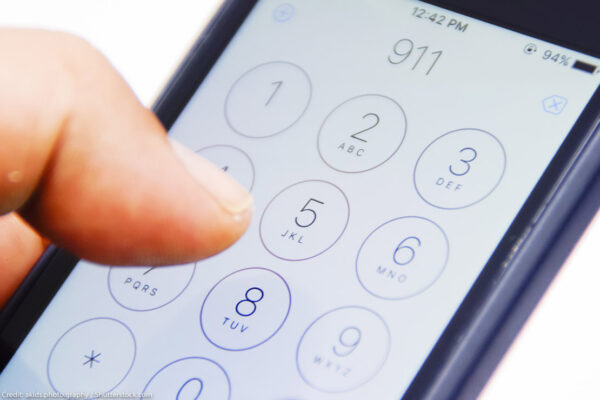Over the last months on our podcast, At Liberty, we’ve explored different conversations on the subject of policing: abolition, violence and accountability, protest, and activism. This week, we dug into a topic that has gained more attention in the wake of Daniel Prude’s death in March at the hands of the Rochester Police Department: the startling connection between mental health-related 911 calls and police brutality.
Studies show that nearly 50 percent of victims of police brutality are living with a disability, predominantly a mental health disability. In many ways, 911 has become the only option for people looking for mental health crisis intervention. And police often arrive at the scene armed with deadly weapons and a lack of mental health training, with devastating results.
But there is hope. There are alternatives to policing that can provide real care for people in mental health crises, if we invest in them. Joining us on this episode to break down the issue is Gregg Bloche, a professor of law at Georgetown University and a mental health care policy expert, and Ellie Virrueta, an organizer with Youth Justice Coalition.


